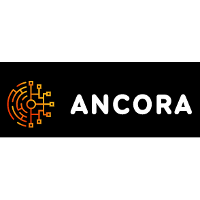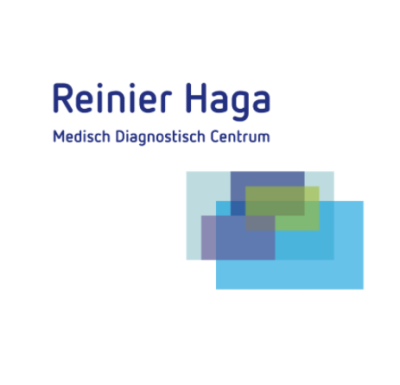2DIAREM (DIAbetyping for Diabetes type 2 REMission)
Development of minimal invasive methodology for diabetyping to personalise treatment to realise remission and reversal of type 2 diabetes and the assessment of the effect of a digital, blended lifestyle intervention program on remission and improved management of type 2 diabetes.
Together with Ancora Health and Reinier Haga Medical center, TNO aims to overcome the hurdle of an extensive oral glucose tolerance test (OGTT) for type 2 diabetes (T2D) patients.
In the Netherlands, the third most prevalent disease is T2D, and numbers are still increasing. Although all (inter)national guidelines for T2D treatment recommend lifestyle changes as a first step, currently T2D is mostly treated with medication. Recently, it was shown that lifestyle changes can CURE T2D also referred to as T2D REMISSION. Although lifestyle treatments for T2D remission are promising, research has shown that not all persons react similarly to these ‘one-size-fits-all’ interventions. Factors such as pancreatic beta-cell function, T2D complexity and pathophysiology demand for a more personalised T2D lifestyle treatment. Since 2014, TNO and partners work on a PERSONALISED and INNOVATIVE lifestyle treatment for T2D based on so-called diabetyping for T2D subtypes based on organ dysfunction (liver, muscle and/or pancreatic beta cell function). At the moment, the diabetes subtype can only be determined by so-called extensive oral glucose tolerance tests (OGTT). Currently, primary and also secondary care do not have the facilities nor the time to conduct such extensive OGTT, hindering the implementation of this technology in health care. To overcome this hurdle, it is essential to develop a minimally invasive method for diabetyping that enables testing at home or at a place outside the healthcare practice. 2DIAREM aims to further extend, benchmark and validate the diabetyping algorithms by including two minimally invasive methods for diabetyping. Additionally, digital biomarkers taking into account contextual factors, such as nutrition, sleep, activity, and stress, to predict continuous glucose data are promising in identifying personalised lifestyle advice to improve glucose metabolism. The second objective of the 2DIAREM-project is to develop and validate such a digital biomarker.



